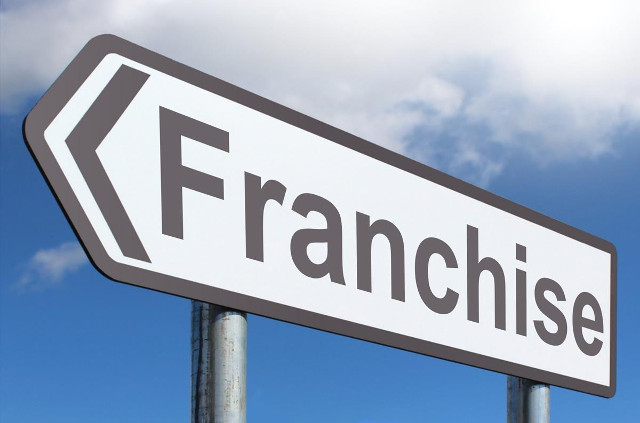A franchise is a business that has a parent company called franchisor that grants to another company or to an individual called franchisee the right to operate the business under certain terms and conditions. They are linked to the business brand name and whole operations, marketing and financials of the parent. The franchisee usually follows the franchisor’s operational standards and guidelines.
How does a franchise work?
1. Research, interest, and application
Potential companies and individuals interested in the brand and business contact the parent company after they acquire information about the risk, costs and other resources such as time, efforts, and investments. Once they decide that the business aligns with their goals, budget, risk tolerance, the potential franchisee files an application. The franchisor scrutinizes the applicant whether they fit for running and operating the business successfully. If the application is approved, the franchisor drafts the business contract.2.
2. The Franchise Agreement
The franchisor and the franchisee sign a contractual agreement that includes the terms of the franchise, fees, royalties, and operational guidelines.
According to the terms, the franchisee typically has the right to use the franchisor’s brand, trademarks, and intellectual property.
3. Initial costs, fees, royalties
The purchaser may pay upfront an initial franchise fee to the franchisor for the right to use the brand and the proven business system.
Other costs paid before starting operations include startup costs for a physical location, to purchase equipment, hire staff, and for training and marketing related fees. The royalties are ongoing payments remitted as a percentage of the franchisee’s revenue while in operation. The franchisor offers support at this stage.
4. Operational Standards, Procedures and franchisee’s responsibilities
The franchisee is obligated to follow operational, training and quality standards of the proven business while being responsible for managing the business, staff, producing revenue, running the ads, and selling to customers. The franchisor usually offers support at this stage.
Following the franchisor’s standards ensures business consistency across locations and maintains the reputation of the franchisor’s brand.
Benefits for the franchisee
- Getting support from the franchisor: marketing, training, ongoing business advice.
- Using an established brand with reputation and consistency across locations, and a proven business system.
- Reduced risk to run and manage the franchised business
Along with benefits, the franchised business incurs some challenges.
Reduced flexibility and limited control since following the rules and regulations is a must in conducting the franchise
The credibility of the franchised business is linked to that of the franchisor.
A franchised businesses can go by:
- Business format – where the franchisee runs the business according to the franchisor’s regulations and proven system with limited control
- Product franchising – franchisees market franchisor’s product/s and are responsible for running the business operations, marketing and financials
- Service franchising – franchisor provides license to the franchisee who pays royalties and fees in exchange of using the brand name

